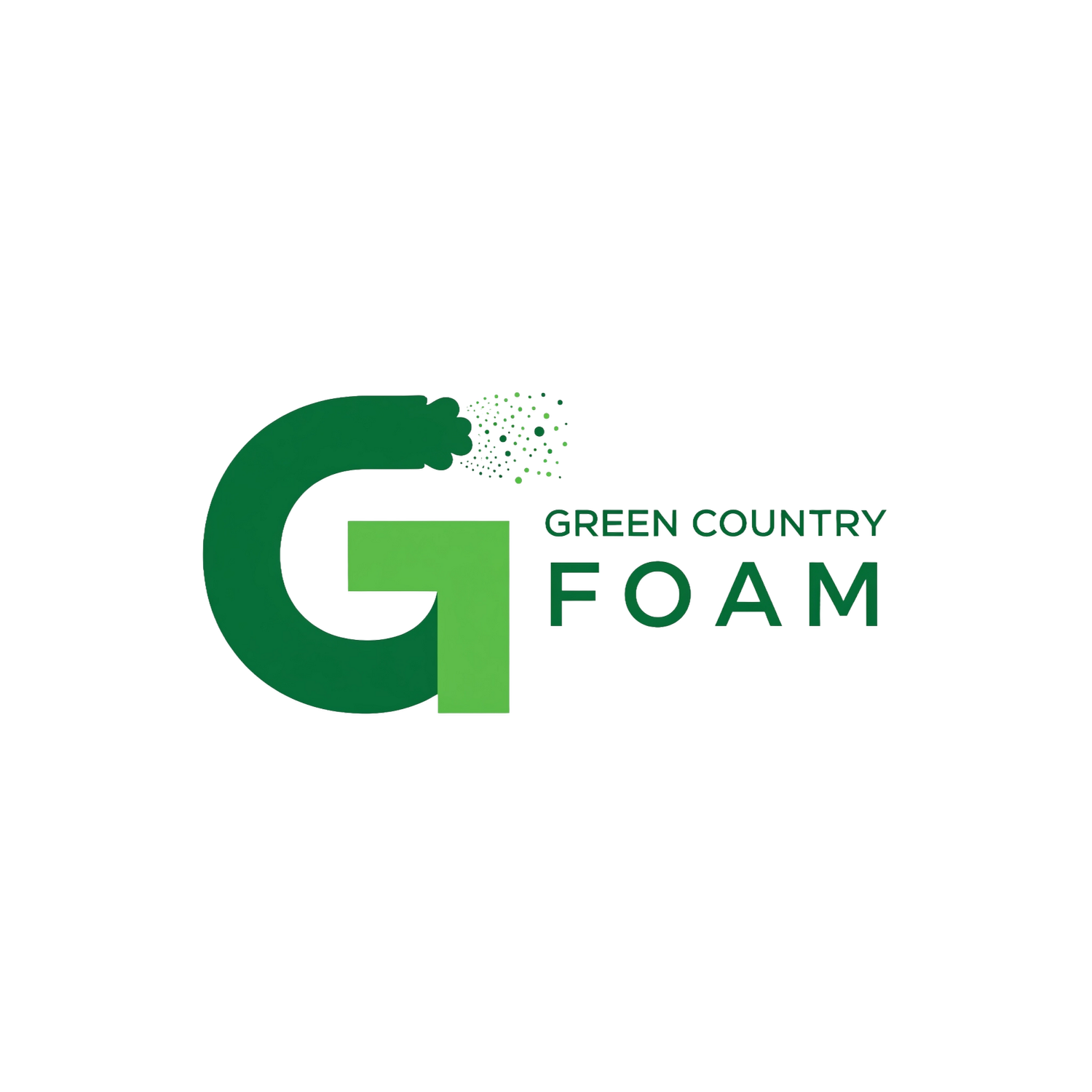Empowering our customers to ask good questions so no one is surprised.
Choosing the right spray foam insulation contractor is the most important step in ensuring a safe, effective, and long-lasting installation. Use these questions to vet any company you are considering for your project. A professional and knowledgeable installer will be happy to answer them.
Part 1: Questions About the Product & Process
* What type of foam (open-cell or closed-cell) do you recommend for my project, and why?
* Why you should ask: A good contractor won't just give you one option. They will explain the pros and cons of each type (e.g., R-value, moisture permeability, sound deadening) and justify their recommendation based on your specific goals and the area being sprayed (attic, crawl space, etc.).
* What brand of foam do you use, and can I see the Safety Data Sheet (SDS) and Technical Data Sheet (TDS)?
* Why you should ask: This allows you to see the specific properties of the product being installed in your home, including its R-value, chemical components, and safety information.
* How do you ensure the foam is mixed correctly on-site?
* Why you should ask: Spray foam is created by mixing two chemical components at a precise temperature and pressure. A good installer should be able to explain how their equipment monitors these variables to ensure the foam cures properly and is chemically stable. Improperly mixed foam can lead to odors and performance issues.
Part 2: Questions About the Bid & What's Included
* Is your bid a fixed price or an estimate? What could cause the price to change?
* Why you should ask: This clarifies whether the price is locked in or if you could face unexpected charges. A professional bid should account for all expected costs.
* Can I get a detailed, itemized quote?
* Why you should ask: The quote should clearly break down what you are paying for. It should specify the areas to be sprayed, the type of foam, the applied depth (in inches), and the target `R-value.
* Does your price include all preparation and cleanup?
* Why you should ask: Prep work (masking floors, windows, fixtures) and cleanup are labor-intensive. Confirm that these services are included so you aren't left with a mess or a surprise bill.
* If my project requires it, is the removal and disposal of my old insulation included in the quote?
* Why you should ask: This is a common "hidden" cost. If you need old insulation removed, make sure it's explicitly listed as a line item in the bid.
Part 3: Questions About Safety & Logistics
* What are the safety requirements for my family and pets? How long do we need to vacate the house?
* Why you should ask: For safety during the chemical curing process, occupants (including pets) must leave the home. The industry standard is typically 24 hours, but you should confirm the re-entry time with your specific installer and product.
* How will you ventilate the area during and after installation?
* Why you should ask: Proper ventilation with powerful fans and negative air pressure is critical for crew safety and for clearing the air of vapors and fumes, ensuring a safe environment for your return.
Part 4: Questions About Quality Assurance & Warranty
* How do you guarantee the foam is applied to the correct thickness and that there are no gaps?
* Why you should ask: The contractor should have a quality control process, which may include using depth gauges during application and performing a visual inspection (or even a thermal camera scan) to ensure a complete air seal.
* What kind of warranty do you offer on your workmanship and the foam product itself?
* Why you should ask: You should know what is covered and for how long. There is typically a contractor's warranty on the installation (workmanship) and a separate manufacturer's warranty on the foam product. Ask for the warranty details in writing.
